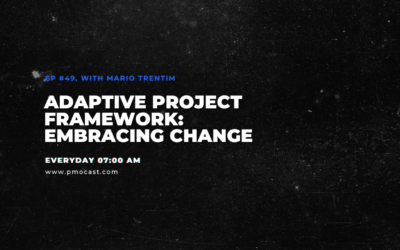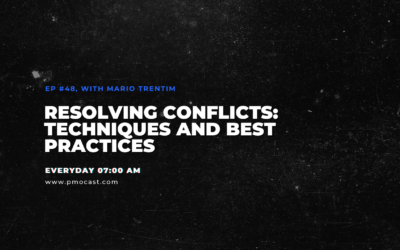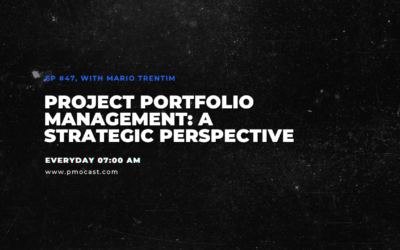Welcome to another informative article in our series on project management. Today, we’ll be exploring a topic that’s both crucial and challenging – the role of ethics in project management.
Why are Ethics Important in Project Management?
Ethics, often a grey area in many professional fields, are no exception within the realm of project management. To navigate these complex ethical waters, the Project Management Institute (PMI) has outlined a Code of Ethics and Professional Conduct specifically for project managers.
Why place such importance on ethics within project management? A study published by PMI reveals that organizations with a strong emphasis on ethical conduct are more likely to meet their project objectives, satisfy stakeholders, and enhance their reputations. In this light, ethical conduct transcends personal morality—it’s a critical component of successful project management.
Ethical Dilemmas in Project Management
Project management practitioners may encounter several ethical dilemmas, including conflicts of interest, truthfulness and honesty issues, and misuse of organizational resources. A well-known example illustrating the fallout of unethical decisions is the Volkswagen emissions scandal. Here, the choice to cheat emissions tests led to severe reputational and financial damage for the company.
Making Ethical Decisions: It’s Not Always Black and White
Deciding ethically in the face of such dilemmas isn’t always straightforward. According to Dr. Rushworth Kidder, the founder of the Institute for Global Ethics, moral principles like honesty, respect, responsibility, fairness, and compassion can provide guidance. It can also be beneficial to seek advice from trusted colleagues or mentors in challenging situations.
Take the Heathrow Terminal 5 project, one of the world’s largest construction projects, as a case in point. BAA, the company in charge, remained committed to ethical practices, including honest communication, fair treatment of contractors, and safety prioritization. This ethical commitment contributed to the project’s completion on time and within budget.
The Business Case for Ethics in Project Management
Remember, ethical conduct in project management isn’t just about doing what’s right—it’s a cornerstone of project success. As Dr. Bill Grace wisely stated, “Good ethics is good business.”
In conclusion, the path of ethics in project management may seem murky, but the guiding light is clear—ethical decisions contribute to project success and enhance reputational standing. As a project management professional, maintaining a firm commitment to ethical practices can positively influence your project outcomes and overall career trajectory.
If you found this article helpful, make sure to subscribe and share with your fellow project managers. Join us in this ongoing exploration of project management’s intricacies, and don’t forget to connect with us on LinkedIn. Keep learning, keep growing, and always remember, project management is more than a job—it’s a craft that demands continuous learning and adaptation.




0 Comments